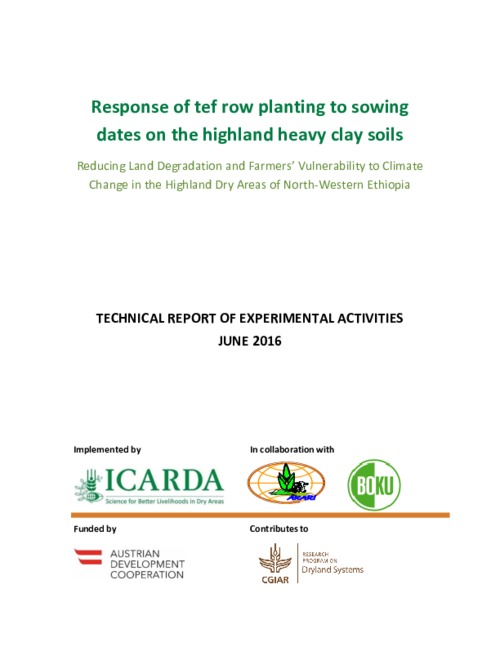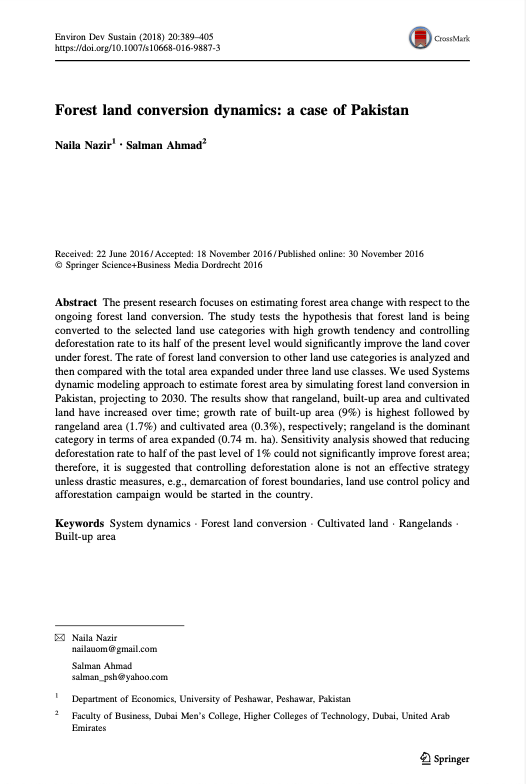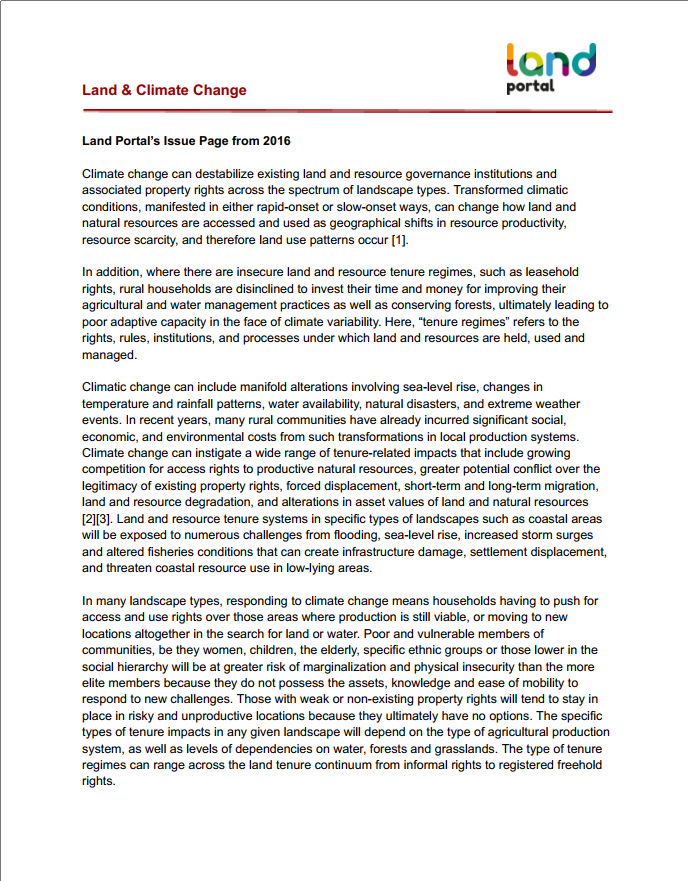Turkmenistan Case Study Policy Brief
Policy recommendations on sustainable land management in Turkmenistan, including the costs and beneifts of alternative options. Conclusiion: Rehabilitating pasturelands and undertaking sustainable land management in deserts across Turkmenistan brings both economic and environmental benefits







